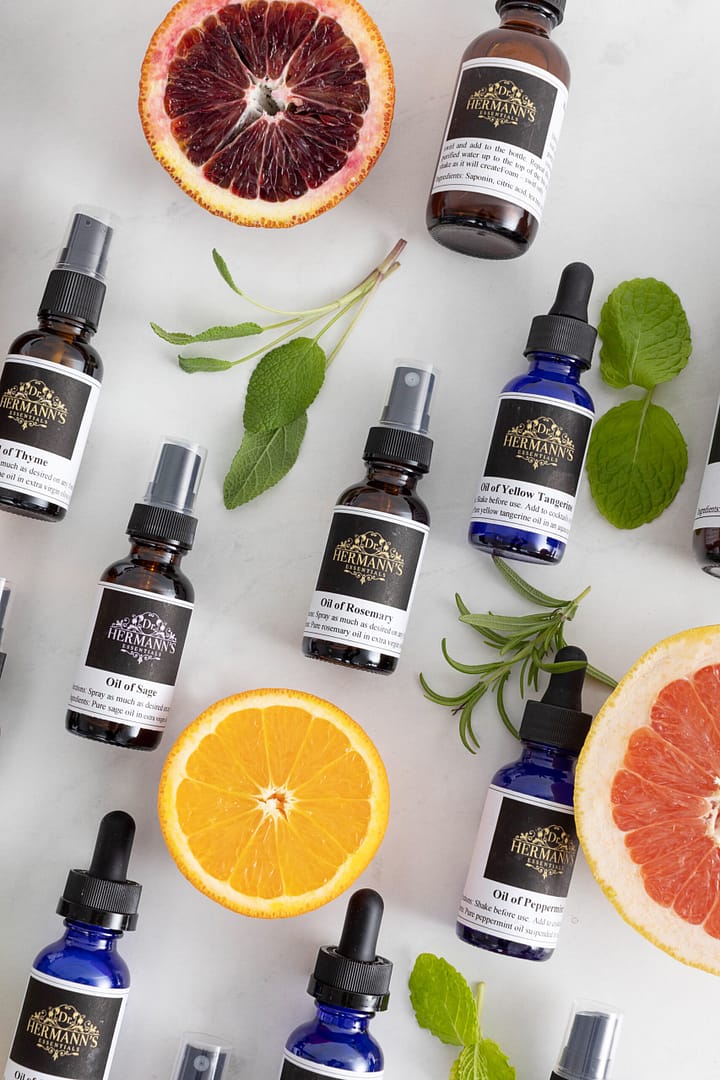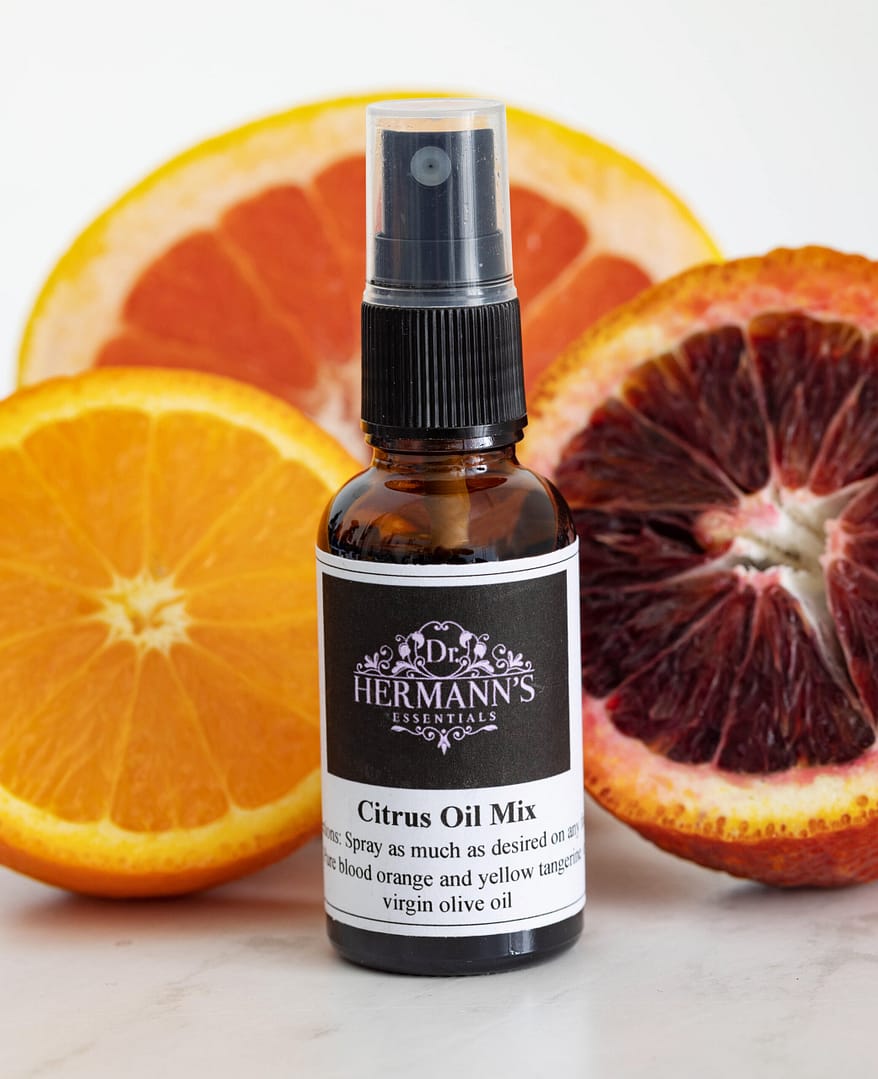Essential oils have been used by several cultures worldwide for centuries for different purposes. As early as 4500 BC, ancient Egyptians have used essential oils in cosmetics and ointments. Nowadays, essential oils are commonly used in products like perfumes, cosmetics, soaps, air fresheners, flavoring for food and drinks, and scents additives in household cleaning products and laundry detergents.
The health benefits of essential oils mostly used as aromatherapy, a form of alternative medicine, with ascribed healing effects are shown in Table 1.
Table 1: Essential Oils and Their Potential Use
|
Essential Oil |
Use |
|
Chamomile |
Reduce stress |
|
Sage |
Promote relaxation |
|
Eucalyptus |
Airway and sinuses clearage |
|
Ginger |
Nausea reduction |
|
Lavender |
Sleep improvement |
|
Lemon |
Happiness and concentration improvement |
|
Peppermint |
Headache reduction, and alertness boost |
|
Rosemary |
Focus increase |
Non-Clinical Studies
Numerous non-clinical studies with essential oils have been conducted for various use:
Immune System
Immune-supporting properties on immune cells from rats and mice have been found for the essential oils of garlic, eucalyptus, clove, lavender, and thyme and in rats and mice for the oils of eucalyptus, orange, clove, ginseng, sage, and ginger.
Cancer
Human colon cancer cell lines showed toxic, antimetastatic and growth inhibiting effects after exposure to the essential oils of curcuma (turmeric), blood orange, lime, rose, sage, melissa, garlic, cinnamon, and mint.
Anxiety
Anxiolytic effects were reported in mice treated with the essential oil of Citrus aurantium (bitter orange) and the anxiolytic effect was comparable to the treatment with valium.
Neuropathic Pain
In mice with neuropathic pain, sciatic or heat-induced pain, lavender oil, Billy goat weed oil, bergamot oi, and rosemary oil revealed pain reduction like the prescription medication pregabalin used for neuropathic pain and fibromyalgia.
The claim of medicinal benefits of essential oils for relaxation, sedation, sleep, both sleep induction` and sleep maintenance, anxiety, headaches, wound healing, reduction of symptoms of depression and fatigue, promotion of digestive health, reduction of blood pressure and heart rate, anti-inflammation, and alleviation of pain is empirical and mostly based on observational finding over decades or even centuries.
Clinical Studies
Reviews of data from the literature showed that inhaled vaporized essential oils were beneficial for pain in dysmenorrhea, labor and childbirth with moderate assurance, low assurance for blood pressure reduction and sleep quality but had no effect on anxiety, and the effects on nausea and vomiting were unclear. Other literature reviews demonstrated efficacy of essential oils of lavender, peppermint, chamomile, lemon, rosemary, manuka, kanuka (tea tree), and bergamot in cancer-related pain. In addition, review of published research demonstrated that essential oils or individual components of essential oils possess antimicrobial, antiviral, antibiotic, anti-inflammatory, and antioxidant properties as well as claimed psychogenic effects such as relieving stress, treating depression, and aiding with insomnia.
Although the popularity of essential oils has risen over the past decade and essential oils might have potential undiscovered medicinal benefits, controlled clinical studies are needed. These clinical studies must demonstrate that the essential oils are safe and effective, FDA-regulated requirements.
A few clinical studies have been performed for:
- Treatment with lemon and ginger oil have shown restoration of salivary gland function after radiation therapy for thyroid cancer.
- Aromatherapy with orange oil relieved pain in patients with fractured limbs.
- Aromatherapy as a complementary therapy in postsurgical pain with unknown essential oils has shown inconclusive results regarding pain management.
- Aromatherapy massage with lavender oil in patients with knee osteoarthritis improved the activities of daily living initially, after 1-week treatment but vanished after 4 weeks of treatment.
- Nutmeg oil did not show any effect on diabetic neuropathy.
These findings in animal studies and in the few controlled clinical studies are very promising with a great potential for beneficial benefits in humans. However, more controlled clinical studies are need to demonstrate the safety and efficacy of essential oils in health and disease.







